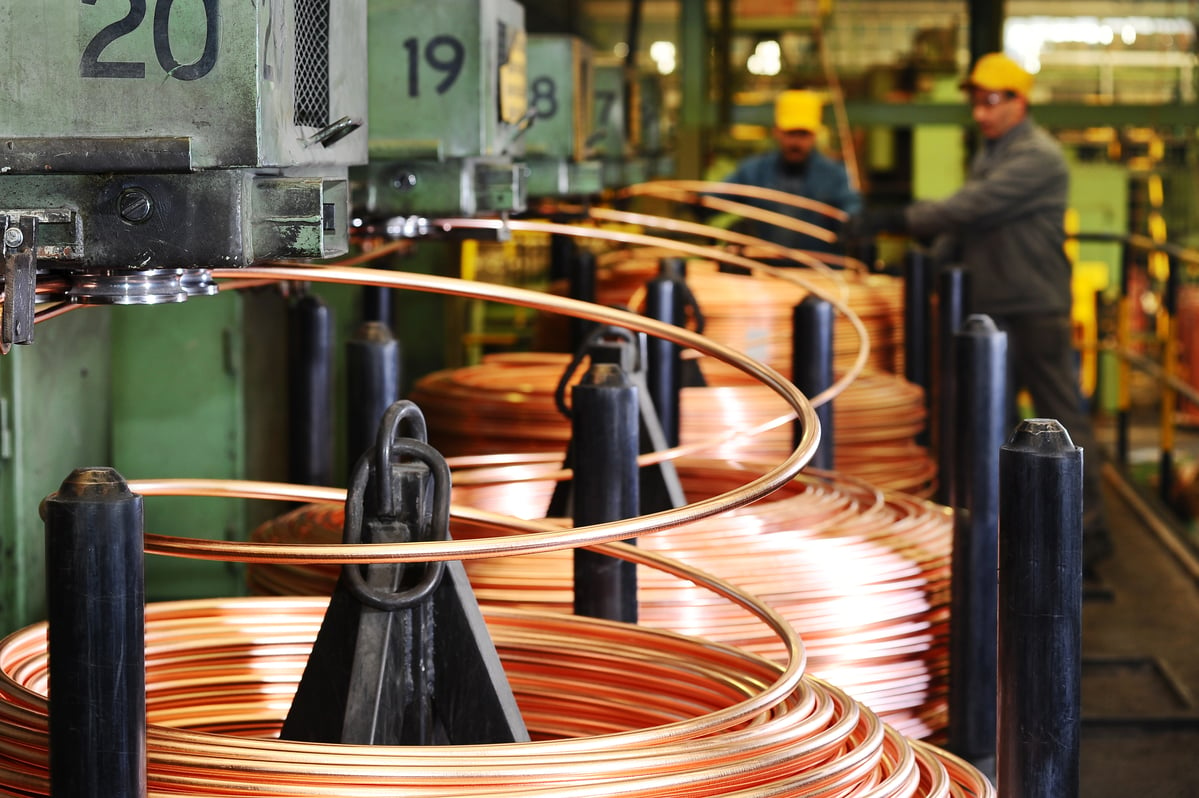
Photo credit: Apache Corporation
Freeport-McMoRan (FCX 2.08%) has been busy this year repositioning its energy business. The company's future focus is clear. Instead of joining the rest of the industry and focusing on shale, Freeport-McMoRan is turning nearly all of its attention to the Gulf of Mexico.
Latest move
Last week, one day after the company announced it was cashing in on Eagle Ford Shale assets for $3.1 billion, Freeport-McMoRan announced that it's picking up Apache's (APA 0.88%) interests in several Gulf of Mexico properties for $1.4 billion. It's the company's second big acquisition in the Gulf this year as it emerged as the highest bidder on several Gulf of Mexico leases just a few months ago. In that deal the company put up a total of $321 million to win 16 of the 17 bids it placed. Combined these acquisitions represents a more than $1.7 billion bet on the Gulf of Mexico.
In the Apache deal Freeport-McMoRan is picking several key pieces. First its picking up an additional 11.7% interest in the Anadarko Petroleum (APC +0.00%) operated Lucius project. That brings Freeport-McMoRan's interest in the project up to 35% pushing it past Anadarko Petroleum's 27.8% interest in the project. The 80,000 barrels of oil per day project is expected to begin producing later this year.
Freeport-McMoRan is also picking up Apache's 12.5% interest in the Heidelberg field in the Gulf. This is another field where Anadarko Petroleum is the operator with its 31.5% working interest. This project isn't expected to begin producing until 2016.
Anadarko Petroleum has a really great video of the Heidelberg project coming together:
Source: Anadarko Petroleum
Finally, Freeport-McMoRan is picking up 11 exploration leases from Apache with working interests ranging from 16.67% to 60%. These exploration prospects will join the 16 leases the company picked up earlier this year from the U.S. Government. Needless to say the deal really gives Freeport-McMoRan a lot of running room in the Gulf of Mexico.
Is it the right move?
As a global resources company Freeport-McMoRan tends to invest in massive, long-lived projects. That's exactly what it's getting in the Gulf of Mexico. Which is why it makes a lot of sense for Freeport-McMoRan to trade in its faster declining Eagle Ford Shale assets for these slower declining, longer duration conventional oil and gas projects. These assets really are a much better fit with the company's portfolio of big projects with exploration upside.
Meanwhile, Apache is going in the other direction. The company has been selling off pieces of its Gulf of Mexico operations as part of its decision to refocus its portfolio. It's turning a lot of its attention on its shale resources in the Permian Basin and Mid-Continent regions of the U.S.
That said, it's not giving up on the Gulf of Mexico. Instead, it's turning a lot of its attention to subsalt and other deep exploration opportunities in the shallower waters of the Gulf, which are also areas that interest Freeport-McMoRan. It likes the quicker cycle times and lower capital costs of these projects, which fits into its new focus on quicker growth that's found in shale.

Photo credit: Anadarko Petroleum
That's why this looks like another smart deal for both companies, though I like it better from the Freeport-McMoRan side of things. Apache is giving up a lot of exploration upside in the deal, though that upside is years from being realized. The key to the deal is that it brings a nice balance to Freeport-McMoRan as it adds near term production growth from Lucius as well as the longer-term growth from Heidelberg and the exploration opportunities.
Investor takeaway
Freeport-McMoRan has really been making a statement over the past year. It's serious about growing its oil and gas business. It's also looking to become a dominant player in the Gulf of Mexico as it has really bulked up on near-term production growth along with long-term exploration promise. It's a move that should really help add some stability to the company's earnings as its mining business has been fairly volatile over the past year.







